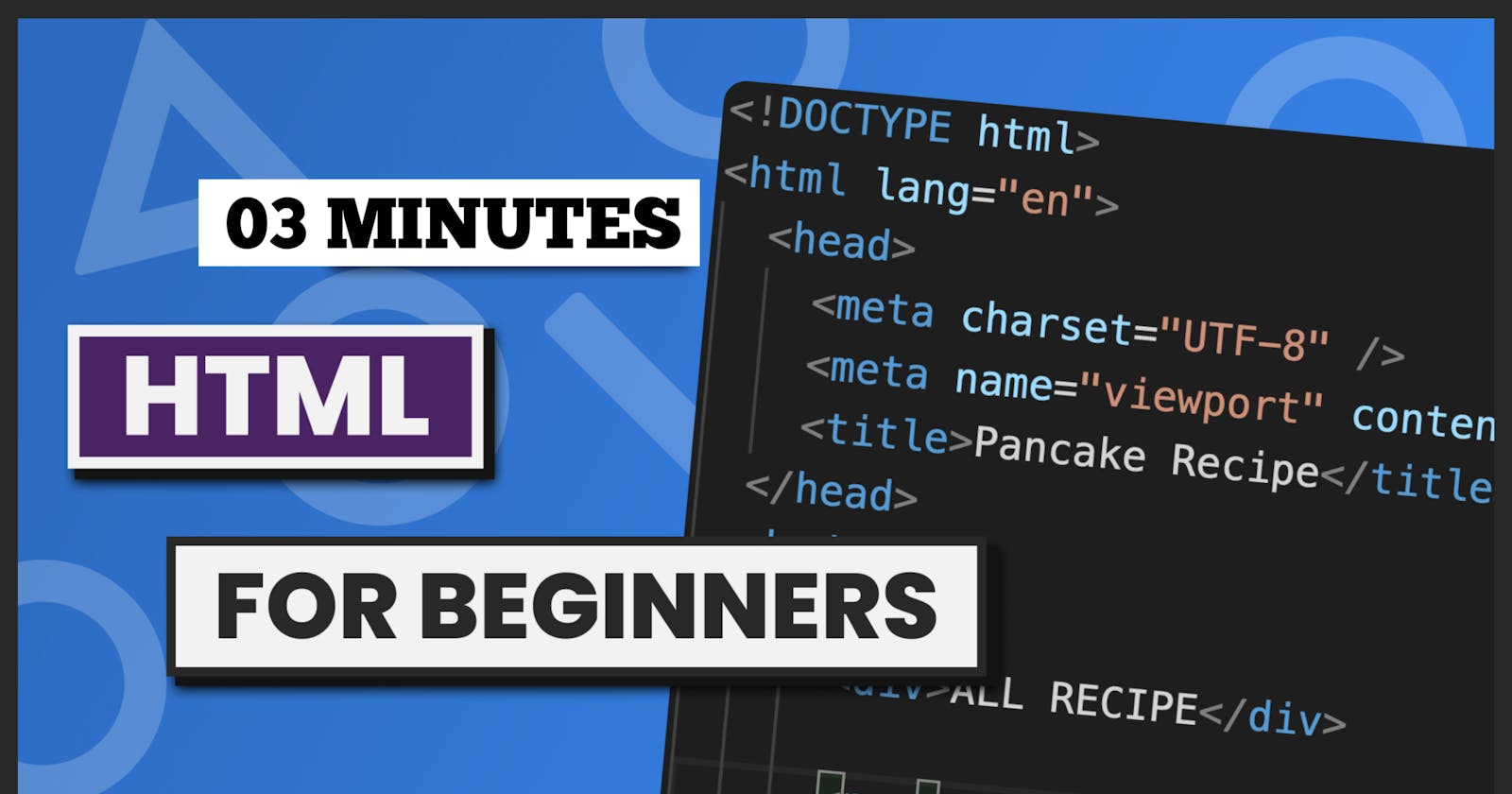HTML ( Hypertext Markup Language) is a language used to create structured content on the web.
HTML is the standard language that is used for creating webpages and web applications. Every time you access a website, a server sends an HTML file to your computer and your browser interprets and displays the information included in that file. All the information you are reading now is simply data that has been stored in an HTML file and sent to your browser.
HyperText - refers to text that contains links to other texts. Every time you click on a highlighted or underlined link that takes you to another page, you are using hypertext. As more and more pages use hypertext to link to each other, a “web” of pages starts to form. This is where we get the term World Wide Web.
Markup - refers to the special symbols or codes that are inserted into a document to tell the web browser how to display the document data. For example, markup code may tell the browser to display a phrase in bold or italic text, or may tell the browser which parts of the document are headings and which are paragraphs. HTML is just one of several languages that use markup code.
Language - refers to the idea that the code is standardized. Just like regular spoken languages, there are certain rules that everyone must follow when writing HTML. This is so that all browsers can understand and interpret the code. There are many different programming languages, and you may have heard of some of the popular ones such as Java, Python and Ruby. Each language has its own unique set of rules, and many languages can be used in combination with HTML to create amazing web pages and applications.
Why HTML is Important for web developers?
Structure and layout.
Accessibility and SEO.
Compatibility.
Reasons to learn HTML?
The essential building block of the web and widely used.
Easy to learn for beginners.
Versatile
In detail - These days, website builders such as Wix and SiteBuilder have made building websites easy. With a simple drag-and-drop interface and a variety of templates, anyone can build a website that is both functional and stylish.
But what if you’re not interested in having a website that looks just like everyone else’s? What happens when you want to make changes to your site that go beyond what’s available using the drag-and-drop builder?
With a basic knowledge of HTML (as well as a little CSS), you can build a truly unique website that you can edit and update yourself, and you won’t have to pay expensive monthly service fees.
Learning HTML is also considered the first step for progressing into more complex and in-demand programming languages. Fancy earning a six-figure salary as a web developer for a Silicon Valley startup? Or maybe you’ve got plans to develop the next Facebook or Twitter? If you’re interested in learning how to do any web-related programming, HTML is the place to start
HTML is used in a different context-
Web apps
Emails
Mobile Apps and many more uses
NOTE - so this is the basic information of HTML. I hope you understand, and in future, also I will post many informative blogs like CSS, JavaScrip and yes you can follow me too.
